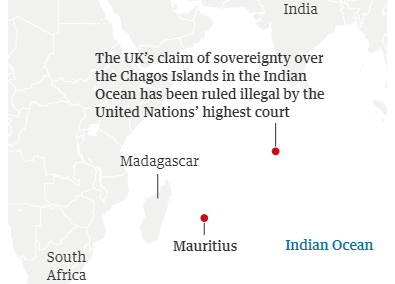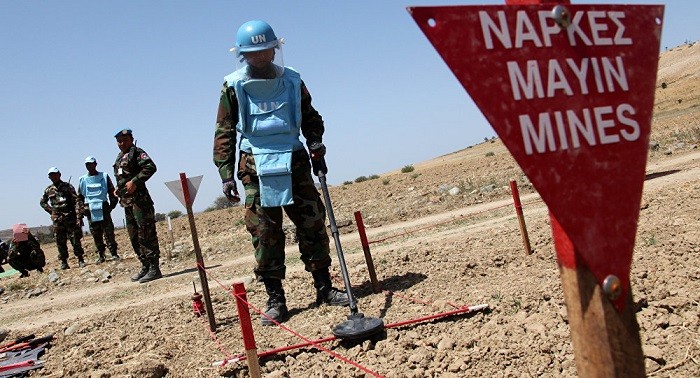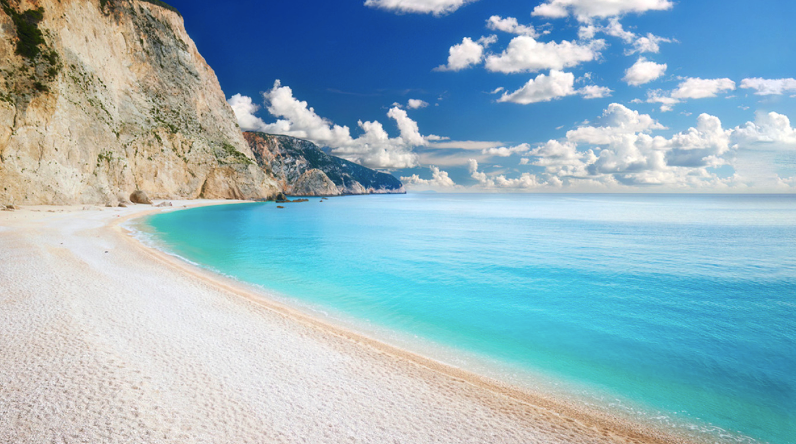The UK has been ordered to hand back the Chagos Islands to Mauritius “as rapidly as possible” after the United Nations’ highest court ruled that continued British occupation of the remote Indian Ocean archipelago is illegal.
Although the majority decision by the international court of justice in The Hague is only advisory, the unambiguous clarity of the judges’ pronouncement is a humiliating blow to Britain’s prestige on the world stage.
The case was referred to the court, which hears legal submissions over international boundary disputes, after an overwhelming vote in 2017 in the UN assembly in the face of fierce opposition from a largely isolated UK.
Delivering judgment, the president of the ICJ, Abdulqawi Ahmed Yusuf, said the detachment of the Chagos archipelago in 1965 from Mauritius had not been based on a “free and genuine expression of the people concerned”.
“This continued administration constitutes a wrongful act,” he added. “The UK has an obligation to bring to an end its administration of the Chagos archipelago as rapidly as possible and that all member states must co-operate with the United Nations to complete the decolonization of Mauritius.”
Cyprus’ case and the implications
Cyprus’ attorney general says a United Nations top court ruling on Mauritius is a “legal tool” the Cypriot government could use to negotiate the status of two British military bases on the east Mediterranean island nation.
The International Court of Justice said in an advisory opinion that the U.K. illegally carved up Mauritius when it ended its colonization of the Indian Ocean islands.
Costas Clerides told private TV station Sigma the “landmark” opinion underscores that such issues must be examined under current international legal principles and not those of the past.
Britain retained two military bases on Cyprus when the country gained independence from British colonial rule in 1960. The bases are enshrined in Cyprus’ constitution.
But Clerides said this may be challenged because agreements signed under conditions that prevailed during that time were “far removed” from what could be considered as an “exercise in free will.”
Sources: guardian, ap



































